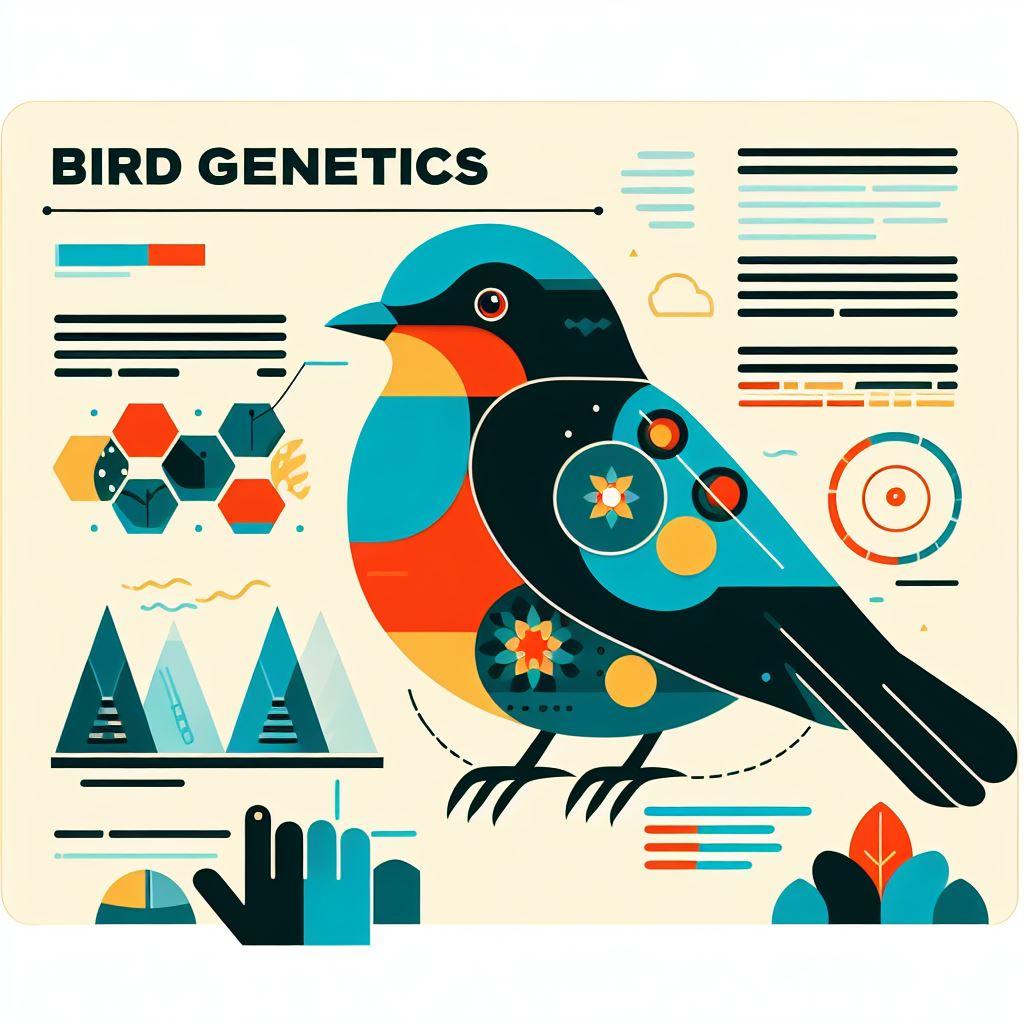This article will explore the concept of Down syndrome in birds and how it differs from this genetic disorder in humans. We will also discuss ways to help birds with disabilities and provide a better understanding of bird genetics. So, let’s dive into bird disabilities and learn something new!
What is Down syndrome, and can birds have it?
Down syndrome is a genetic disorder that affects humans and is caused by a defect in chromosome 21. People affected by Down syndrome have an extra copy of this chromosome, which leads to various physical and cognitive symptoms. However, it’s important to note that birds cannot have Down syndrome because their genetic makeup differs from humans.
What are the symptoms of Down syndrome in humans, and do birds show similar symptoms?
Some common symptoms of Down syndrome in humans include facial deformities, weak muscle tone, and decreased cognitive function. While birds may have physical deformities or cognitive issues due to other genetic conditions or illnesses, the root cause is not Down syndrome, as it is a uniquely human disorder.

Bird genetics: Why can’t birds have Down syndrome?
The reason birds cannot have Down syndrome is that their genetic makeup is different from humans. Humans have 23 pairs of chromosomes, while birds have 19 pairs. Down syndrome in humans is caused by an extra copy of chromosome 21, which birds do not possess. Therefore, the genetic defect responsible for Down syndrome in humans cannot occur in birds.
How can you help a disabled bird?
If you suspect your bird may have a disability or illness, it’s essential to consult a veterinarian for proper diagnosis and treatment. Providing a comfortable environment, such as a larger birdcage with multiple perches and levels, can help improve a disabled bird’s quality of life. Additionally, ensuring proper nutrition and monitoring special needs, such as hand-feeding, are crucial for supporting a bird with disabilities.

Do other animals, like tigers and cats, have Down syndrome or similar genetic disorders?
While Down syndrome is unique to humans, other animals can have genetic disorders that result from chromosomal abnormalities and mutations. For example, white tigers often have a genetic mutation that leads to physical deformities, such as crossed eyes and digestive issues, due to inbreeding.
Can inbreeding cause disabilities in birds?
Breeding closely related birds, also known as inbreeding, can raise the chances of genetic defects and disabilities. To ensure the bird population’s health and genetic diversity, it is crucial to practice responsible breeding techniques that steer clear of inbreeding.
How to recognize a disabled bird, and when to consult a vet?
Some signs that a bird may have a disability or illness include difficulty moving, unusual behavior, or physical deformities. If you notice any of these symptoms, it’s crucial to consult a veterinarian for accurate diagnosis and appropriate treatment.
Providing a suitable environment for disabled birds: the importance of a proper birdcage
A disabled bird may require a larger cage or one with specialized perches and levels to facilitate movement and comfort. Ensuring a disabled bird can move freely and without restriction is crucial for its well-being. Buying a larger cage and installing multiple perches at various heights can help improve a disabled bird’s quality of life.
How to ensure a disabled bird gets proper nutrition?
A disabled bird may struggle to eat enough food or have difficulty accessing its food dish. Hand-feeding using a syringe or offering easy-to-reach food dishes can help ensure that a disabled bird receives adequate nutrition.
Conclusion
While birds cannot have Down syndrome, they can still suffer from various disabilities and genetic conditions. It’s essential to recognize the signs of disability in birds and consult a veterinarian for proper treatment. Providing a comfortable environment, adequate nutrition, and appropriate care can significantly improve the quality of life for birds with disabilities.











































